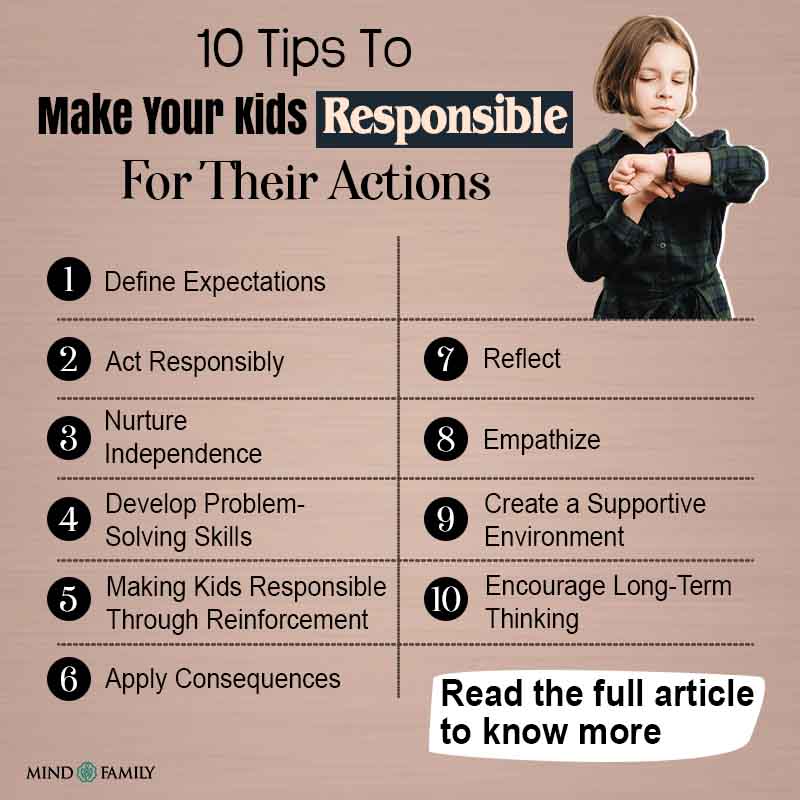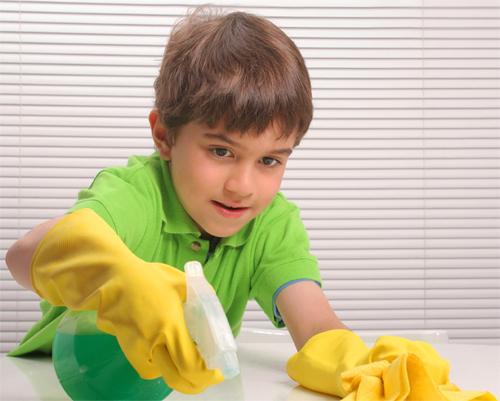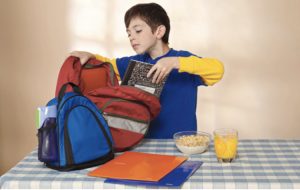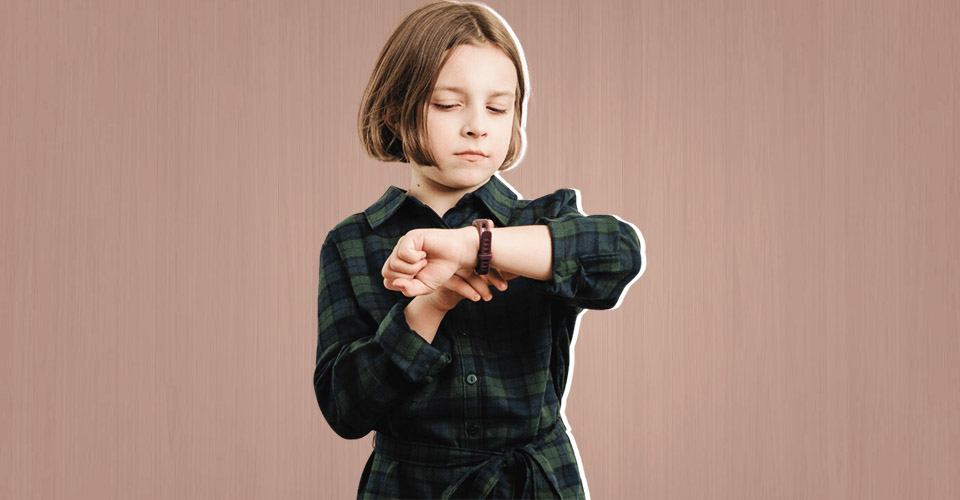Parents need to foster responsibility in their children as this is one of their most crucial obligations.
Learning how to make your kids responsible for their actions does not imply only performing house chores or doing homework, it also involves appreciating how individual actions affect both oneself and others.
Encouraging children to assume responsibility makes them mature into conscious grownups who are capable of taking charge of their own lives.
This article will walk you through ten practical tips that can assist you in how to make your kids responsible for their actions.
How To Make Your Kids Responsible For Their Actions

1. Define Expectations
It is vital to explain the rules and expectations for behavior to your children explicitly to make your kids responsible for their actions.
Take time with them, talking through what you expect in different situations, utilizing language appropriate for their age and illustrations that would ensure they comprehend what you’re saying.
Consistency in rule-making is very important when making kids responsible for their actions.
Children should know that the results of their actions are always the same whenever they do wrong things. Consistently enforcing those rules can make clarity without blame.
Being consistent makes children understand that doing something always has consequences which helps them comprehend why it’s necessary to follow the set norms.
2. Act Responsibly
Children learn so much more from their parents through observation than words spoken at them. When you act responsibly, your kids will imitate it too. This includes being on time, fulfilling promises, and handling duties with caution.
Modeling these behaviors helps to make your kids responsible for their actions.
Your child needs to understand that mistakes are fine and part of life which demands taking responsibility when you make them as opposed to attempting to cover up or blame others for such errors.
On a personal note, if one errs, accept openly while discussing how one may fix it which when done teaches a child that we all blunder at times but our reactions matter most about it
3. Nurture Independence
Teaching responsibility to your child entails giving them age-appropriate tasks is crucial for making kids responsible. These may be as simple as making their beds, setting tables, and caring for pets.
With time, the tasks can grow more complicated like managing their homework or assisting with household chores. It helps children understand the consequences of their choices when they make decisions within certain limits.
Allowing children to have a say in matters helps to make your kids responsible for their actions. As this shows that their actions have consequences.
Such things as allowing them to pick out their clothes one day or select a family activity sound trivial but teach children how to think through solutions.
4. Develop Problem-Solving Skills
Do not rush to fix the problem for your child immediately after you see it happen; instead, walk them through it until they come up with a solution by themselves. For example, ask questions that can prompt them critically thinking and coming up with possible answers.
Once the issue is resolved, talk about what happened after their decision-making process had ended. This way, they will know why they made such choices and how other different choices could produce other outcomes hence taking proper care of themselves.
5. Making Kids Responsible Through Reinforcement

Recognize and encourage your child’s efforts to assume responsibility. Positive reinforcement will help to make your kids responsible for their actions.
Make certain that the praise you are giving is specific so that they know what exactly they are being rewarded for. Also, another way to go about it is having a reward system in place.
An example of making kids responsible could be a chart with stickers where children receive rewards for undertaking tasks or extra rights for continuously meeting responsibilities. Always make sure that such prices are significant and motivating enough for your child.
Read More: How To Avoid Parental Gaslighting: 5 Effective Tips For Parents!
6. Apply Consequences
Allowing natural consequences to prevail can be an extremely effective teaching method. That means if your child fails to carry his lunch along, he will be hungry at school as a result. Accordingly, it helps them see the direct effects of their actions on themselves.
Use relevant logical consequences related to the behavior in question. For instance, failure to finish homework may lead to reduced screen time. The consequence must be immediate and linked directly with the behavior thus reinforcing the bond between acts and outcomes
7. Reflect
After doing something wrong or making a mistake, talk peacefully about what took place. Use open-ended questions to motivate your child to reflect on their actions and to think about what they could have done differently in the future.
To make your kids responsible for their actions you have to teach them to reflect on their actions. An example of this is when a person has hurt another person or broken something; this can be resolved by apologizing for one’s actions or fixing the broken object.
By making kids responsible, they grasp how their deeds impact other people’s lives.
8. Empathize

Make the child know that his/her deeds affect others around them. Talk about feelings and viewpoints while also giving real-life examples or stories that show the significance of empathy.
When children can view things from other people’s perspectives, it helps to make your kids responsible for their actions. Develop empathy and responsible decision-making skills through role-play scenarios.
This way of learning can be enjoyable and interactive for kids as well. For instance, you can act out a scene where someone gets hurt as a result of another person’s action and then, discuss how various reactions might leave that individual feeling.
9. Create a Supportive Environment
Keep an open line of communication with your child and ensure that they are free to share their deeds as well as ask for guidance. To make your kids responsible for their actions you first have to learn how to communicate with your child effectively.
Regular check-ins can be used to reinforce positive behaviors and discuss the challenges that he or she might be experiencing.
This means putting them in an environment where they understand that making a mistake is something they can learn from rather than be afraid of. Teach your child that it’s okay to fail and help him/her develop resilience and grow mentally.
Failing and getting back up again are the pillars for making kids responsible for their behaviors and actions.
10. Encourage Long-Term Thinking
Let your kids know their present actions will shape their future life. Talk about possible lasting consequences of present decisions to help your children learn how to think ahead while considering the larger context of their lives.
Support goal-setting processes, underwritten by personal responsibility and planning, so children can own what they have achieved.
Celebrating small achievements is crucial to making kids responsible for their actions.
We could consistently apply these approaches to build strong accountable disposition within our children which will extend beyond childhood.
This will enable them to make deliberate choices, take responsibility for all their deeds, and foster positive contributions toward community development.
Read More: How To Build Connection With Your Child: 10 Helpful Ways!
A Word From Mind Family
Helping your children become responsible for their actions is a journey that requires patience, consistency, and a lot of love. You can guide your children towards becoming accountable and conscientious individuals.
At Mind Family, we believe that every small step you take toward making kids responsible will have a lasting impact on their development. Remember, it’s not about being perfect but about being present and persistent.
With your support and guidance, your children can grow into responsible adults who make thoughtful decisions and positively contribute to their communities.
Frequently Asked Questions (FAQs)
1. How To Make Your Kids Responsible For Their Actions
Teach them through setting clear expectations, modeling responsible behavior, encouraging independence, and using positive reinforcement, logical consequences, and problem-solving discussions.
2. How can I set clear expectations for my child’s behavior?
Clearly explain rules using age-appropriate language and examples. Consistently enforce these rules to help your child understand the importance of following them.
3. What is the best way to model responsible behavior for my child?
Demonstrate responsibility by being punctual, fulfilling commitments, and admitting and correcting your mistakes openly.












Leave a Reply